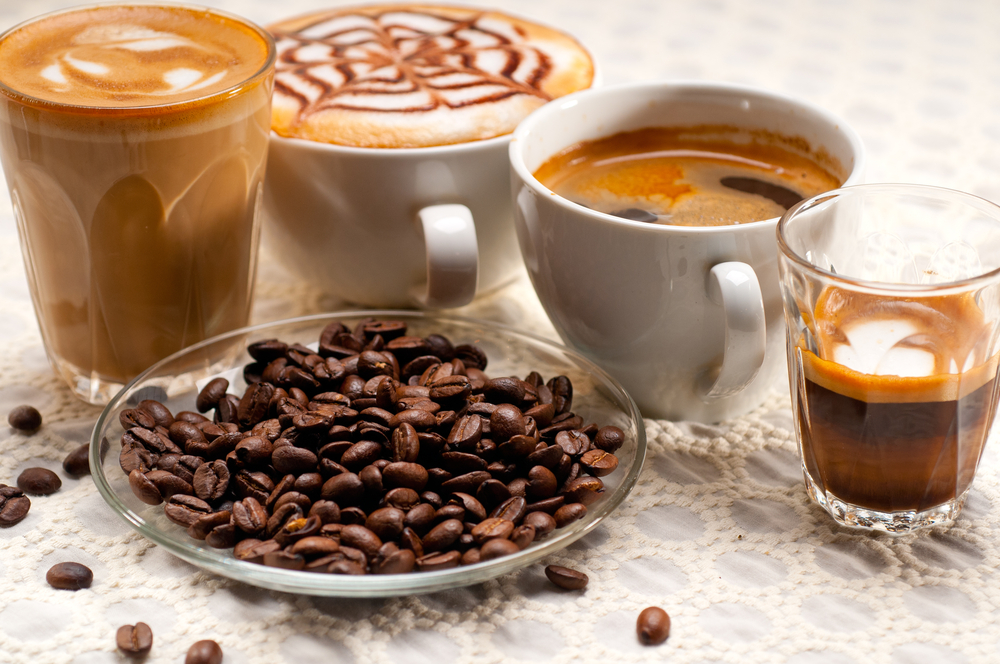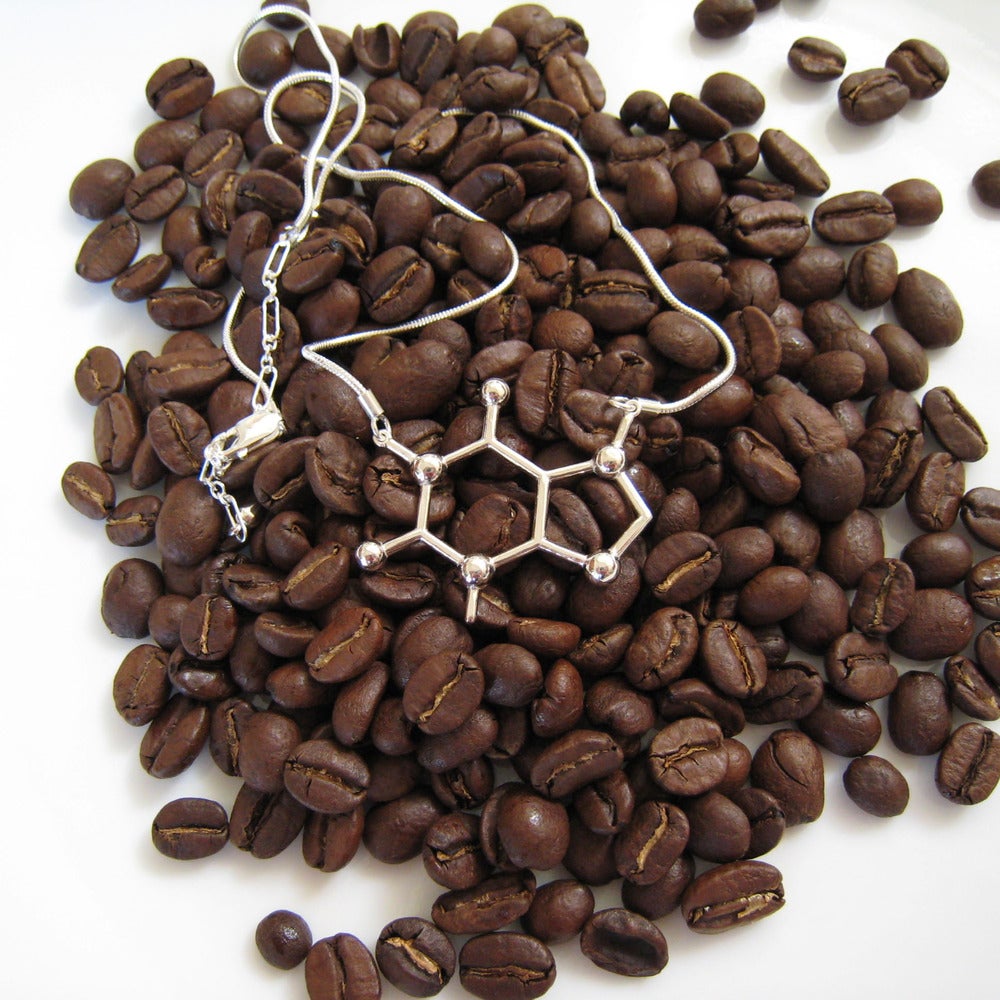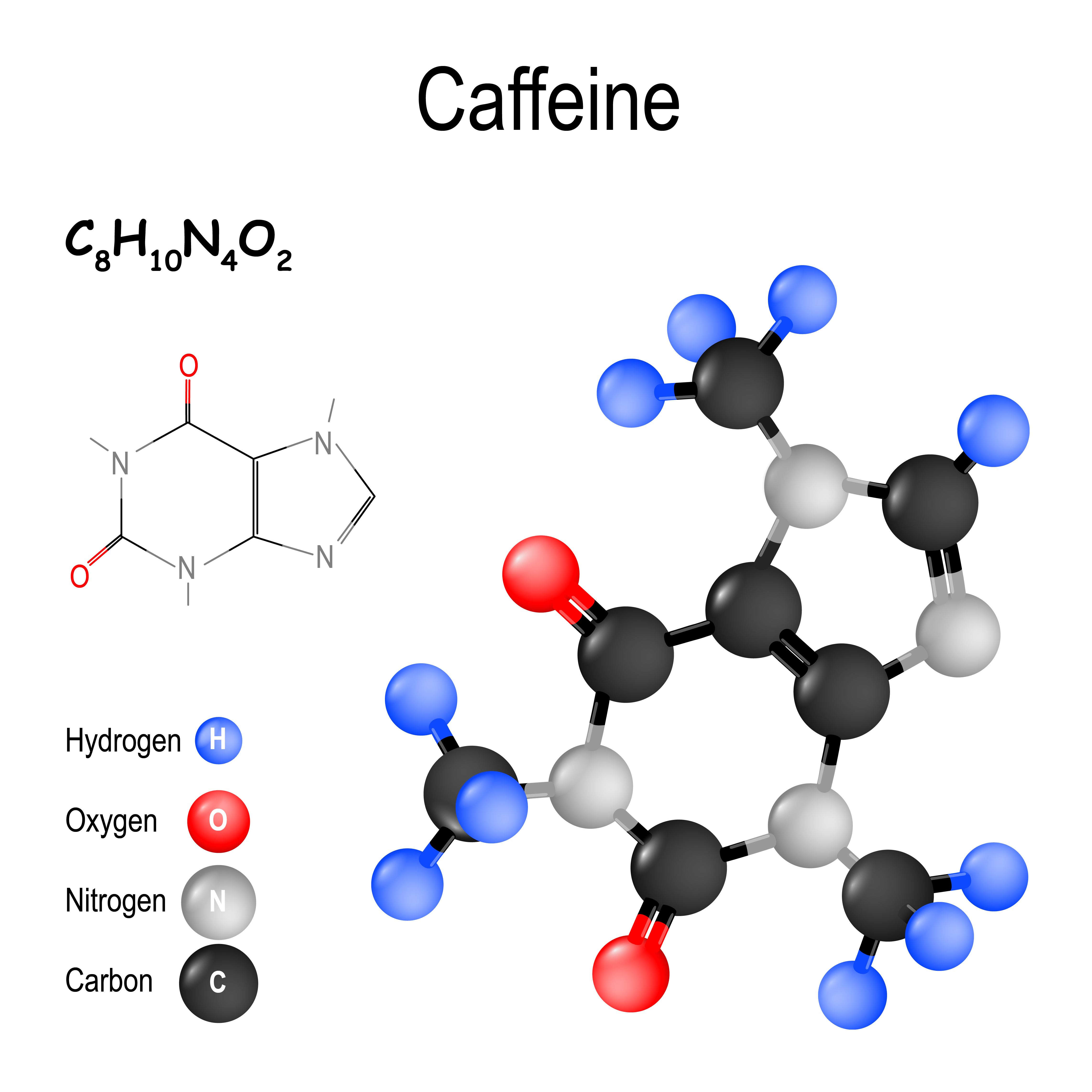

In any case, similarly, as with methylene chloride, the ethyl acetic acid derivation is ordinarily created artificially and conveys a few dangers at high doses. In this way, people with caffeine-responsive qualities ought to be cautious when picking and consuming decaffeinated coffee, particularly on the off chance that caffeine is a migraine trigger for them.Ĭoffee makers will at times say that beans decaffeinated with ethyl acetic acid derivation are "normally decaffeinated" because the compound is normally tracked down in some produce. In any case, this implies that decaffeinated coffee contains caffeine. Certain snack foods (like Jelly Belly Extreme Sport Beans and Energy Granola).Ĭan decaffeinated coffee also trigger migraine headaches?įor coffee to have the characterization "decaffeinated," producers should eliminate around 97.5% of its caffeine.Some dietary supplements (like Zantrex-3 weight-loss supplement).Some headache medications (like Excedrin Migraine and Fioricet and Fiorinal).Chocolate, particularly dark and bittersweet (like milk, bars, and cocoa).Ice - cream (coffee), yogurt, or frozen yogurt.Apart from caffeinated beverages, like coffee, tea, soda, and energy drinks, other sources of caffeine include : When you are looking to cut down on your caffeine intake or want to more accurately record your caffeine intake each day for your headache diary, it's necessary to be aware of all the potential sources of caffeine.

What are the common sources of Caffeine in your daily diet? Specialists commonly let people know who gets these and have some coffee before bed. These strike more established people, waking them around midnight with extreme pain. An extremely rare condition called hypnic headaches answers particularly well to caffeine. Whether you use aspirin, ibuprofen, or acetaminophen, they work quicker, and better and fend the pain off for longer when joined with caffeine. It likewise gives a lift to normal headache cures. Likewise, when caffeine is taken in blended with pain meds, for example, aspirin, ibuprofen, or acetaminophen, it increases the absorption and strength of the prescription to give quick relief.Ĭaffeine lessens inflammation, and that can bring relief. This welcomes the headache.Ĭaffeine has vasoconstrictive properties, implying that blood vessels thin to restrict blood flow, in this way reducing the pain. This increases blood flow pressures encompassing nerves, which send pain messages to the brain. How can Caffeine provide relief from Migraine?ĭuring a migraine, blood vessels swell, tighten or go through different changes, causing an increase in blood flow around the brain. When you join caffeine with pain relievers this condition is almost certain. When the medication wears off, the pain returns worse than previously. This can happen when you take a lot of any sort of pain reliever or take it time after time.

This can happen when you have caffeine consistently, even as little as some coffee daily. Withdrawal : It's simple for your body to get so used to the effects of caffeine that when you don't have it in your system, you have withdrawal.Magnesium plays a beneficial role in ongoing pain conditions, like migraine. It can likewise increase the deficiency of magnesium during urination. This can prompt dehydration, bringing about a migraine headache. Furthermore, higher doses of caffeine have a diuretic effect, which can make an individual urinate all the more much of time. At times, drinking coffee might trigger migraine headaches.Ĭonsuming caffeine can cause a migraine headache in two ways : dehydration and the deficiency of magnesium during urination. This is because caffeine's effects on the brain can vary contingent on how frequently an individual purposes it. Nonetheless, drinking coffee is certainly not a viable treatment choice for migraine headaches. Can Caffeine be the Cause of your Migraine?Ĭoffee contains caffeine, a vital fix in different headache meds.


 0 kommentar(er)
0 kommentar(er)
